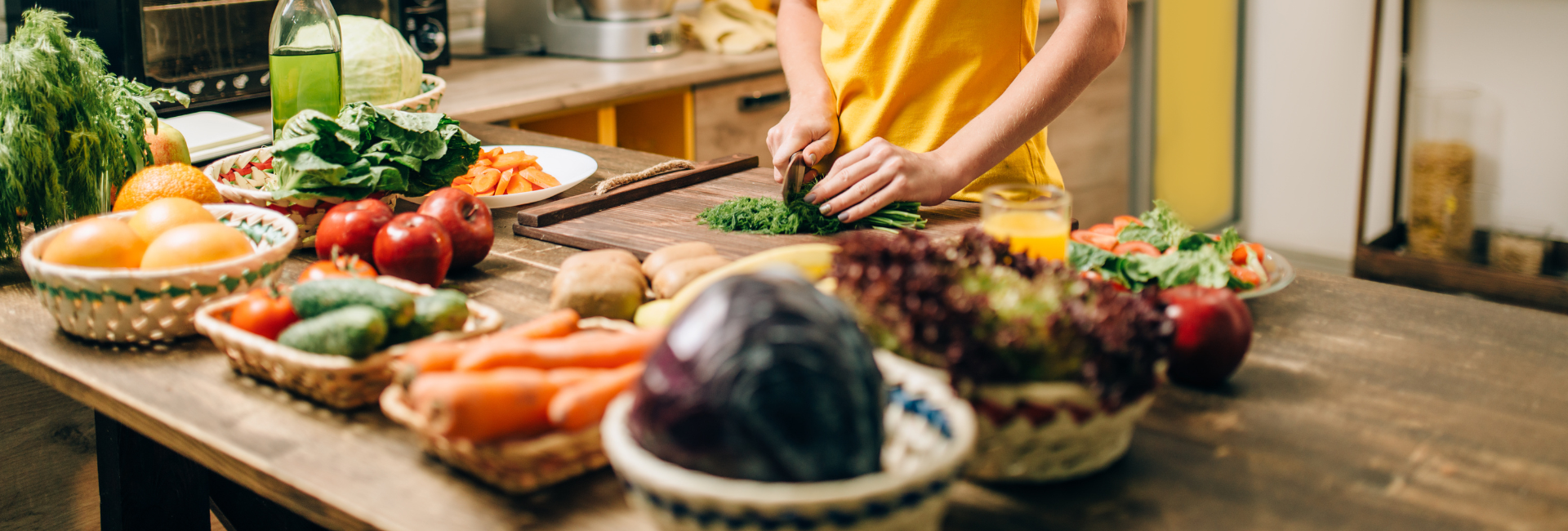
Food Tips On A Budget
December 15, 2022
Inflation is at an all-time high, and food costs are soaring for everyone. But, there are ways to continue to eat healthy while stretching that food budget.
Produce – We all know it’s important to eat our veggies. But produce can be expensive. Yes, fresh is often best, but be sure and look for local, in-season choices. Because of supply & demand, these will be the most cost-effective. Some stores have “ugly” produce sections where produce that is a little older, too small, or otherwise imperfect is sold at a discount. Frozen is a great choice too; it’s picked at the peak of freshness to lock in the nutrients. Bonus, it’s quick & easy to prepare. Canned produce has all the same nutrients, just be sure to look for low-sodium when possible & drain.
Plan – Plan what you’ll make, how much you’ll make, and where you’ll shop. Make a list & stick to it. Decide if you want to make “just enough” to avoid food waste or if you want to cook in a big batch to take advantage of bulk deals. The bulk section can really help with this, you can find just the right amount of nuts, grains, and other dry or specialty ingredients that you might need.
Cook at home – Foods that you cook yourself are generally cheaper than those that someone else prepares. They are also often more nutritious. You can hide those veggies in your kid’s mac & cheese or stay in charge of the sugar, salt, and saturated fat in the meal. This includes snacks. Buying a bunch of nuts from bulk or making a batch of popcorn & portioning them into baggies to bring for snack at work is much more cost-effective than buying single-servings.
Conventional vs. organic – It is NOT necessary to buy organic food. Generally, the nutrition profile is the same, and there are safety measures in place for ALL foods to make sure that they are appropriate to eat. If cost is a concern, your dollar will get you much more nutritious conventional food. This also goes for supplements. Most of what is found in them can be found cheaper in veggies, fruits, meats, grains, & beans.
Consider your cooking method – If you need to buy less expensive cuts of meat or older veggies that might not be salad ready, think about stews & soups. The low & slow cooking will tenderize the meat & you won’t even notice the slightly less-than-crisp celery or spinach.
Eat more plants – Plant-based protein such as lentils, chick-peas & other beans as well as nuts & nut butters are much cheaper than meat. Consider more meatless meals featuring these ingredients, or cut your ground beef or turkey with lentils, white beans, or mushrooms to make a smaller amount into a full & satisfying meal.
Some cost-effective & nutrient dense foods to look for on your next grocery trip are whole grain cereals & breads, frozen veggies, canned beans & meats such as tuna, oatmeal, and rice.







